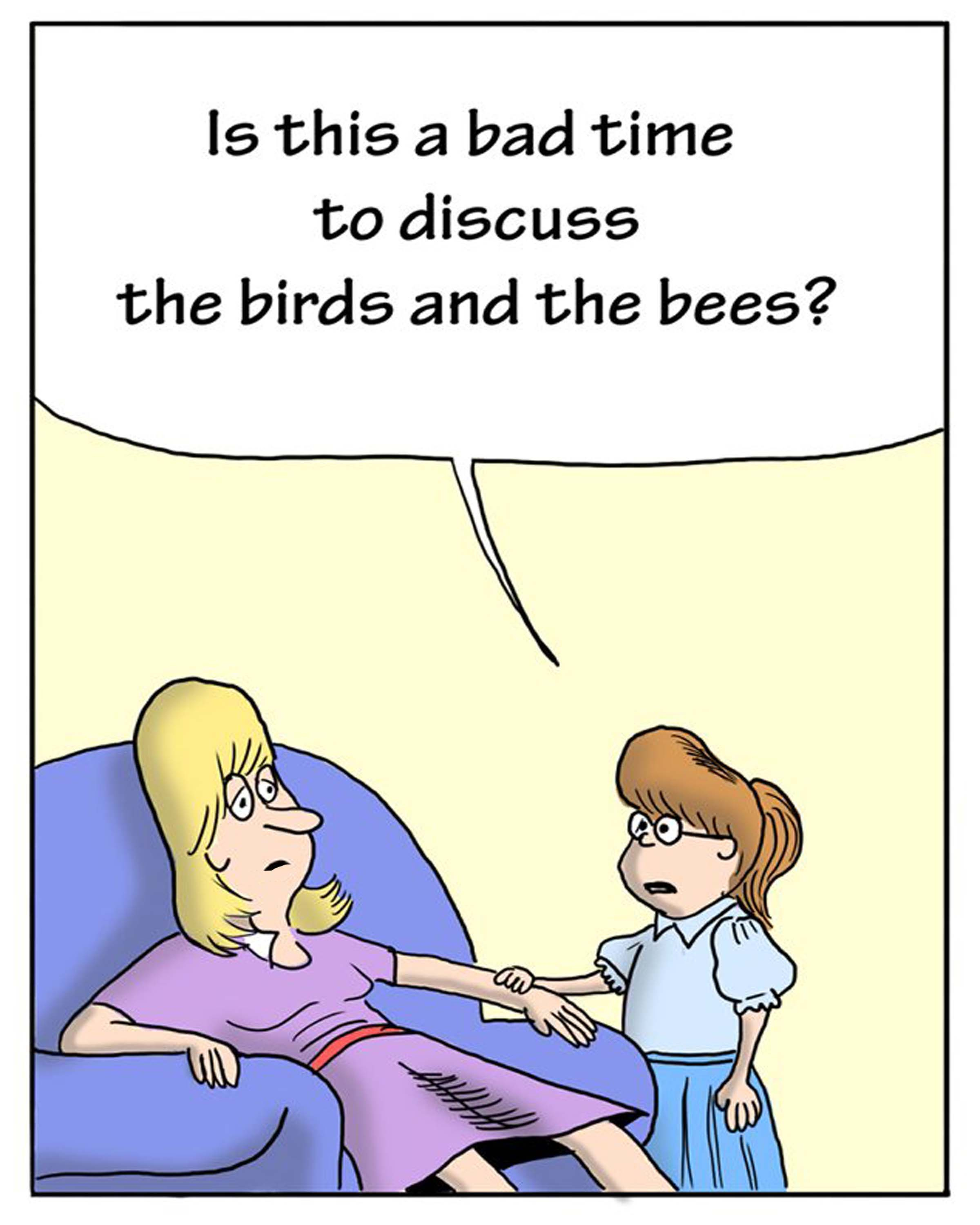Lately, there has been some contention around whether children should be educated on anything sexually related, with topics like gender identity, transgender, gender fluidity, and non-binary, to name a few, trending on social media. On one side of the camp, you have people who do not think children should be exposed to this information, that it seeks to sexualise children and ends up confusing them. On the other side of the camp, people see it as promoting inclusivity, addressing questions or confusion, and preventing discrimination or bullying.
Food for thought on this debate is what constitutes a child? The word ‘children’ is a collective term used for a vast age gap sometimes. For some, a child is someone below the age of 10. For others, it could be a person who is 14. When we aren’t explicit regarding age, it is hard to determine whether the presented information is appropriate. When we condense a group of people that span a wide range of ages, particular educational challenges occur, such as varying levels of understanding and developmental differences. This is the reality many parents face with the highly available and easily accessible information that results from an ever-increasingly technological society.
One thing is for sure, children will have questions! For many, whilst the query is sexual, they ask it from a space of “What is it?” I often talk about the sexuality lens we develop as a person. This lens is curated from the information we are exposed to, experiences, thoughts, and feelings. As a result, we view sexual topics, terms, and information through this lens. Each person’s lens is different and can or will affect how we interact with sexual information. In short, how we judge whether something is appropriate, too sexual, hardcore, freaky, kinky, weird, disgusting etc., comes from this lens through which we consume the information.
Children do not have a developed sexuality lens and do not understand sexuality as adults do. Sexual orientation and attraction tend to emerge and evolve through adolescence, coinciding with puberty changes, and continue to adulthood. However, children have a natural curiosity about relationships, their bodies, and individual differences. Children’s understanding of sexuality evolves, influenced by their social environment, cultural norms, and personal experiences. As they approach adolescence, they may begin to explore their own feelings of attraction and develop a more nuanced understanding of sexual orientation.
The most important thing you can do is create a safe space for children to ask these questions without feelings of shame or embarrassment. Often parents say they struggle with how to answer a sexual question when they are not expecting their child to have asked it. Don’t dismiss the questions or the interest of the child. At that moment, they trust you as the person to come to for information. An option might be to acknowledge the question and tell them you need to think about how best to explain this topic. Firstly, that validates the child in knowing the question is okay to ask, these topics are alright to talk about, and you have heard them. Secondly, this gives you space to formulate your thoughts if you are not great at discussing sexual education. You must follow up and set some time aside to discuss the answer with them once you have your thoughts sorted. To provide insight into the types of questions children of different ages ask regarding sexual topics, I will start a new series of posts called “Questions Kids Ask“. The child will remain anonymous, but I will list the child’s age to provide context on what interests specific ages. I will also give an example of an answer you can utilise to help if your child ever asks the same question.
As always, if you have a question, please contact me via my contact page.
